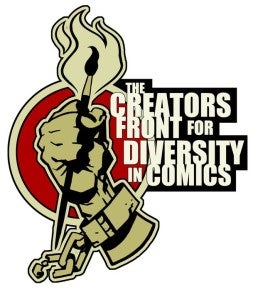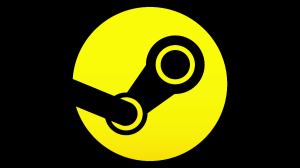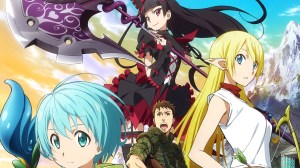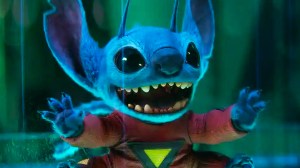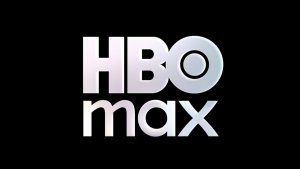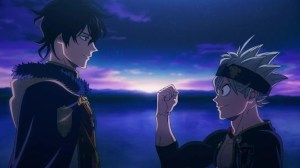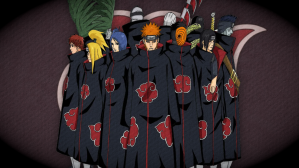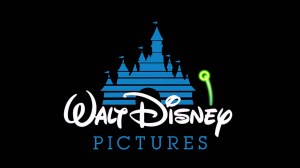The conversation around who makes comics, and in what way we should be encouraging excluded groups from becoming more a part of the culture, is an important one, but one that seems to be handled in a very simplistic, myopic way. My recent experience as part of the SuperMOOC class helped me nail down some of the issues that I’d been having with the way we discuss these issues, and it seemed as good a time as any to point out a few things.First of all, it’s worth saying that I am not one of the people who believes everything would be better if only we dealt more with indie publishers and left Marvel and DC to die a slow, suffocating death. There are a lot of critics and self-appointed scholars who talk that way, and it’s entirely preposterous.If you removed superheroes from the equation and just mounted the argument that the most popular, economically successful and fan-favorite art in any medium should be discounted because of its populist appeal, almost nobody would disagree you’re starting from a position of ignorance, and that’s what far too many people do when, either for quality reasons or political reasons, they attack the Big Two.The Big Two take a lot of heat, but they try and often succeed to make great comics from some of the top talent in the country. They do so, often, while fighting mixed signals from a readership that demands one thing at the top of their lungs (More funny comics! More kids’ comics! More lower-tier characters! Stephanie Brown!) while voting another way with their wallets.If there’s one place where it seems they could improve, it’s in utilizing the talent they have at their disposal–and we’re not just talking about the “gendercrunching” discussions that hit the industry following the launch of the New 52 (though female creators are tragically under-utilized, along with a number of other groups).Any discussion of diversity in comics should go well beyond the discussion of women in comics. Most people probably feel that race is an important consideration, even while many industry veterans don’t see it the same way because from their perspective, foreign artists who live in countries other than the U.S., notably Latin America, provide a broader cultural experience than they’ve ever seen before anyway.Of course, there’s concern in some quarters that those same artists who provide racial and cultural diversity do so for nickels on the dollar, driving down the overall standard of living for American creators. But that’s not black-and-white, either ,and probably a whole other discussion.LGBT authors and artists (though writers more than artists, arguably) face similar challenges, as it’s common for those people to be pigeonholed. A sense of inclusivity, for instance, in Marc Andreyko’s Manhunter (where a gay character was introduced, handled well and then entered into a relationship with a recently-outed superhero) got him a lot of positive notice, but also put him on people’s radar as “that guy who writes gay stuff.”It doesn’t even have to be about who the creator is, that says; all you have to do to be pigeonholed is to write stories that go outside of the box.The same thing happened to Judd Winick (who is straight), who is known for including LGBT themes in his work, and who consistently takes criticism from comics fans when he does so, regardless of how well or poorly it may be handled in-story. And when you’ve got a segment of the audience who dismisses anything with your name on it out of hand because they perceive you as not speaking to their interests, it makes it difficult (not impossible, mind you) to get the kind of work that, as a mainstream comics writer/artist, you want to get.All of this often gets handwaved by fans and industry professionals who say, “We read comics to escape the complications of the real world.” That’s especially true for the in-story material.That may be true for some readers but, as with any other creative medium, there are a fair number of readers who wish to see the real world reflected in some way, even in their escapist entertainment. Also, the reality of the world around the characters will have to change eventually lest the whole thing be seen as an anachronism not relevant to modern sensibilities. And if there’s anything comics fans hate more than change, it’s drastic, sudden change, the likes of which you’d have to make when you fell so hopelessly behind the outside world that a reboot or total redesign was needed.Jerry Ordway recently called attention to the plight of older creators, particularly artists (whose styles tend to anchor them to a certain period in time more than writers), but comics is increasingly a field run by a small handful of guys, so if you’re not one of the big names, you’re probably not in the best of shape regardless of age or anything else. Ordway brought the discussion of age discrimination forward and after a few days of sympathy being on his side, there was a sense of futility and a sense of, “Well, that’s what happens in this business.” Some fans lambasted Ordway for speaking out, while many missed the point entirely and focused their frustration at DC, Ordway’s employer, rather than at the culture of comics, where it’s probably more accurately placed.That ties back into what I discussed at top; so often, it’s the Big Two who are under the spotlight of these controversies–and let’s be honest: most of the time it’s DC. They are, however, not demonstrably any less diverse, in my experience, than Marvel is (or Image or…well, take your pick of almost any mainstream U.S. publisher).There does, however, seem to be a narrative, bolstered by some media outlets, that they’re “evil” or “incompetent” or both. It’s a silly narrative that distracts from real issues, including those of inclusivity in the comics community, of which DC is a part.At any rate, part of the problem here is that fans see aging creators and they say, “What’s his problem? He’s got work,” without real regard for the quality of the work, the pay rates, etc. That’s not a mistake that would be made when it came to underrepresentation of female and minority creators. It’s difficult for both women and writers over fifty to get the highest-profile jobs, as the publishers want the hip, young faces at their signing tables during Comic-Con–but editors also want somebody on the title that they’re comfortable working with, and anybody who doesn’t share their demographic is at a distinct disadvantage on that front.
Diversity in Comics: It’s Time, But it’s Bigger Than Just Gender
The conversation around who makes comics, and in what way we should be encouraging excluded groups […]


